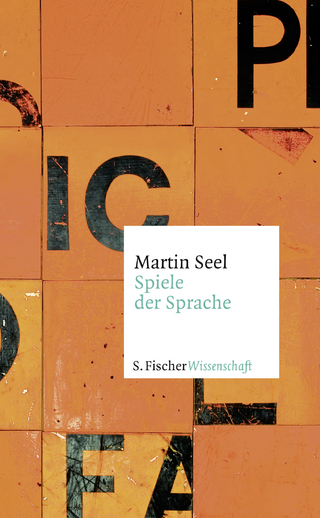
Meaning and Reading
John Benjamins Publishing Co (Verlag)
978-90-272-2515-3 (ISBN)
1. Acknowledgments; 2. 0. Introduction; 3. 1. The Classical Conception of Meaning and its Shortcomings; 4. 1.1. Meaning in a literary setting; 5. 1.2. The arguments for the defense; 6. 1.3. More about the propositional theory of language and its semantic consequences: the Xerox theory of meaning; 7. 1.4. Context matters; 8. 2. Toward an Integrated Theory of Meaning; 9. 2.1. The question of the validity of the substitution view; 10. 2.2. The problematological view of language; 11. 2.3. The problematological theory of reference; 12. 2.4. Reference and meaning; 13. 2.5. From substitutions to questions; 14. 2.6. Is meaning really substitutional?; 15. 2.7. Conclusion; 16. 3. The Rhetoric of Textuality; 17. 3.1. Textual meaning is rhetorical; 18. 3.2. Rhetoric and argumentation; 19. 3.3. Why should rhetoric (argumentation) be problematologically conceptualized?; 20. 3.4. Literary versus non-literary discourse; 21. 3.5 What is literature?; 22. 4. Ideas and Ideology; 23. 4.1. The nature of ideas; 24. 4.2. Ideas and questions in Plato's theory; 25. 4.3. Ideas and political ideologies; 26. 4.4. The logic of ideology; 27. 5. The Nature of Literariness; 28. 5.1. Ideas and textuality; 29. 5.2. Literature and political ideology; 30. 5.3. The dialectics of fiction; 31. 5.4. Fiction and reality; 32. 5.5. Literary forms as means of materializing the problematological difference; 33. 5.6. The birth of the novel: Don Quixote as an illustration; 34. 5.7. Conclusion; 35. 6. The Interpretative Process; 36. 6.1. Beyond traditions and omissions; 37. 6.2. Answerhood as meaning; 38. 6.3. The hermeneutic question and its answer; 39. 6.4. Textuality as the meeting point of poetics and hermeneutics; 40. 6.5. Where do we find the questions answered by a text?; 41. 6.6. Textual dialectics; 42. Footnotes; 43. References
| Reihe/Serie | Pragmatics & Beyond ; IV:3 |
|---|---|
| Verlagsort | Amsterdam |
| Sprache | englisch |
| Maße | 160 x 240 mm |
| Gewicht | 350 g |
| Themenwelt | Geisteswissenschaften ► Philosophie ► Sprachphilosophie |
| Geisteswissenschaften ► Sprach- / Literaturwissenschaft ► Anglistik / Amerikanistik | |
| Geisteswissenschaften ► Sprach- / Literaturwissenschaft ► Literaturwissenschaft | |
| ISBN-10 | 90-272-2515-X / 902722515X |
| ISBN-13 | 978-90-272-2515-3 / 9789027225153 |
| Zustand | Neuware |
| Haben Sie eine Frage zum Produkt? |
aus dem Bereich


